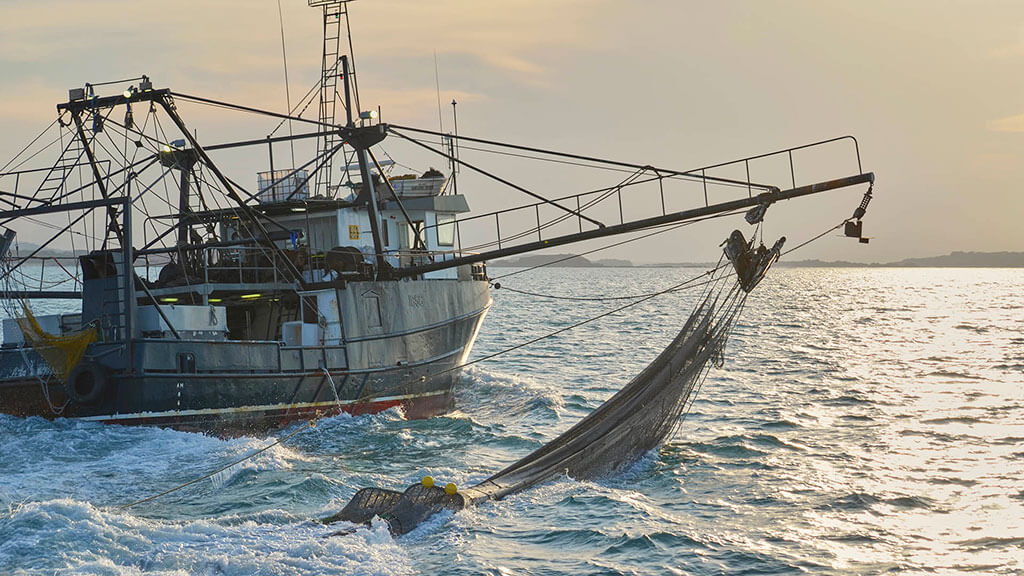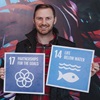Understanding the overfishing crisis
Overfishing is a critical issue that threatens marine biodiversity and the sustainability of fish stocks. As demand for seafood increases, the pressure on fish populations grows, leading to the depletion of essential species. We must adopt practical solutions to combat overfishing to ensure a sustainable future.
Key solutions to combat overfishing
1. Implementing sustainable fishing practices
Sustainable fishing is one way to solve the problem of overfishing. When fisheries are independently assessed to the MSC Fisheries Standard, three main principles are considered, including sustainable fish stocks, minimising environmental impacts such as bycatch and effective fisheries management
2. Establishing Marine Protected Areas
Marine Protected Areas can enhance fisheries' sustainability through additional layers of protection on top of existing fisheries management measures. Within a Marine Protected Area, this may mean prohibiting a certain type of fishing activity or, in some cases, prohibiting fishing altogether. This allows the marine environment to rebuild or remain in a pristine state.
3. Enforcing stronger regulations
Robust regulations and policies are essential to managing fishing activities effectively. Governments and international bodies must work together to enforce laws limiting overfishing, monitor compliance, and penalise illegal fishing practices.
4. Buying certified sustainable seafood
Consumers have the power to drive change by choosing sustainable seafood options. Look for certifications like the MSC blue fish tick label, which ensures that the seafood you purchase comes from an MSC certified sustainable fishery.
.png?Status=Master&sfvrsn=8f0f562b_4)
5. Supporting fishing communities
Empowering local fishing communities with the knowledge and resources to fish sustainably is crucial. Training programs, access to sustainable fishing gear, and economic incentives can help communities transition to more sustainable practices.
6. Advancing scientific research
Investing in scientific research, such as the MSC Ocean Stewardship Fund, provides valuable insights into fish populations and ecosystems. This data is essential for creating effective management plans and understanding the long-term impacts of fishing on marine life.
Join the movement for sustainable fisheries
Addressing overfishing requires a collective effort from governments, organisations, consumers, and fishing communities. By implementing these practical solutions, we can protect our ocean and ensure that future generations can enjoy the bounty of the sea.
Related Articles
- Sustainable Seafood Guide
- How Marine Protected Areas Benefit Fisheries
- What is bycatch and how it can be managed?
- Can a Super Trawler fish sustainably?
- The Importance of Marine Biodiversity
- Promoting ocean literacy
External Resources
Frequently asked questions
What is overfishing? Overfishing occurs when more fish are caught than the population can replenish, leading to a decline in fish stocks.
How can consumers help combat overfishing? Consumers can help by choosing seafood certified by sustainable programs such as the MSC blue fish tick label.
Why are Marine Protected Areas important? Marine Protected Areas can be important tools in the effort to end overfishing and encourage greater marine biodiversity.



.tmb-labelhome.jpg?Culture=en-AU&sfvrsn=9b5fd57e_3)